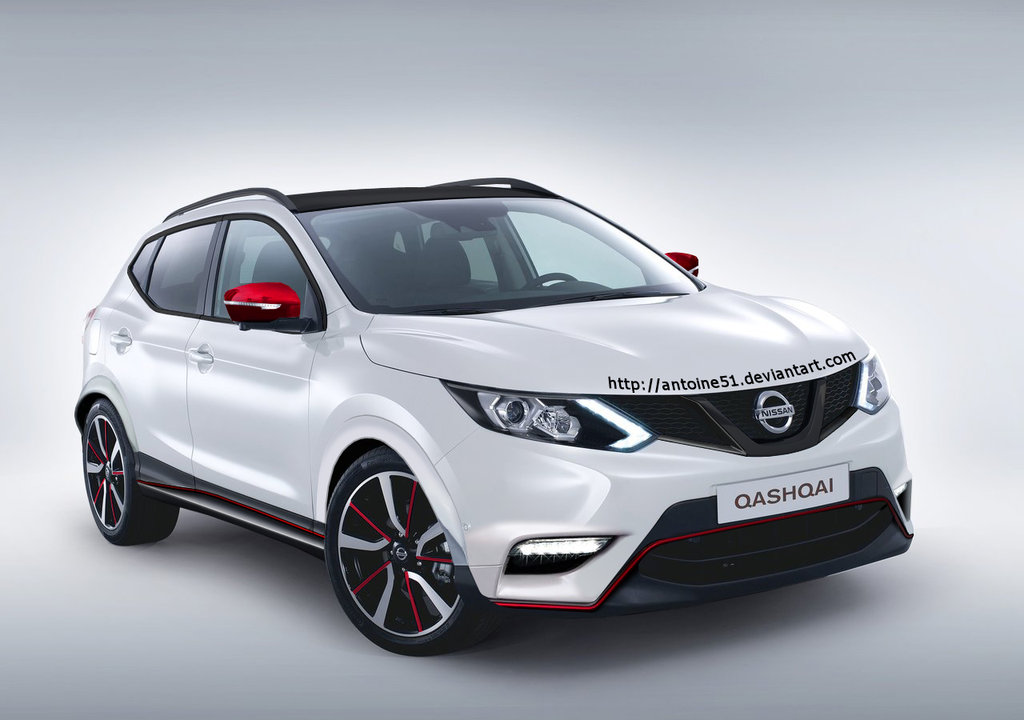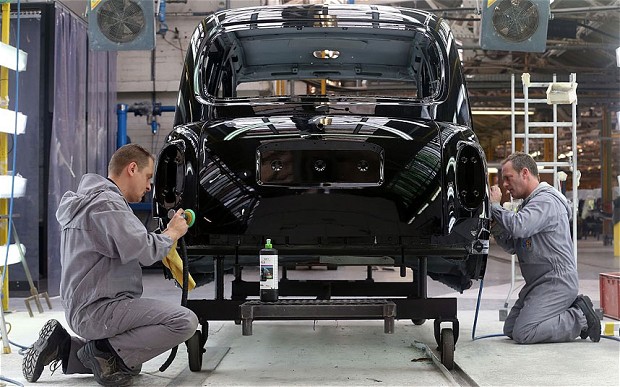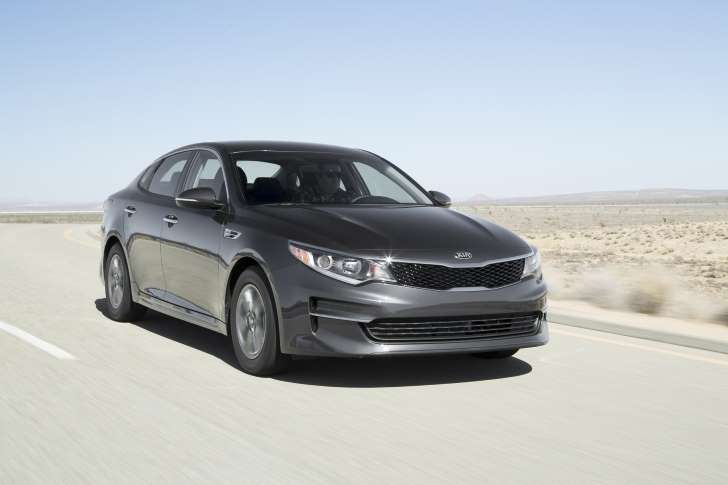Now Reading: UK car exports offset domestic fall in September output rise
-
01
UK car exports offset domestic fall in September output rise
UK car exports offset domestic fall in September output rise

British vehicle production increased by a yearly 0.9 percent in September with a boost in exports making up for a fall in demand at home, a market body stated.
Output increased to 159,726 automobiles due to a 5 percent boost in the variety of designs offered abroad, representing over 3 quarters of Britain’s overall output, the Society of Motor Manufacturers and Traders (SMMT) stated.
Year-to-date output increased 10.5 percent to 1.3 million cars, with exports taking advantage of the depreciation in the worth of sterling since the nation’s June 23 referendum to leave the European Union, although the long-lasting impact on production is still uncertain.
It usually takes around 2 to 3 years from the point an automaker chooses to construct a brand-new model at a plant and the very first car rolling off the assembly line, which suggests that existing production is based upon pre-Brexit financial investment options.
Japanese automaker Nissan, which runs the nation’s most significant automobile plant, will choose next month whether to construct its next Qashqai model in Britain in the very first significant financial investment choice impacting the nation’s automobile market since the vote.
Following indications that Britain is headed to a “tough Brexit”, which might leave its automobile exports dealing with tariffs of 10 percent, Nissan cautioned that it might stop new financial investment without an assurance of settlement for any expenses associated with Brexit.
Stay Informed With the Latest & Most Important News
Previous Post
Next Post
-
 01Polestar Boss Says It’s Time To Outrun BMW M And Mercedes-AMG
01Polestar Boss Says It’s Time To Outrun BMW M And Mercedes-AMG -
 02Spy Shots: 2027 Mitsubishi Pajero Spotted in Testing Ahead of Possible U.S. Return
02Spy Shots: 2027 Mitsubishi Pajero Spotted in Testing Ahead of Possible U.S. Return -
 032026 Toyota Hilux EV: A Powerful Truck with Silent Torque
032026 Toyota Hilux EV: A Powerful Truck with Silent Torque -
 04Spy Photos: VW ID. Polo GTI Goes Electric with 223 HP and 280 Miles of Range
04Spy Photos: VW ID. Polo GTI Goes Electric with 223 HP and 280 Miles of Range -
![2027 Mercedes-Benz S-Class Debuts with V8 Engine [Photo Gallery]](https://speedlux.com/wp-content/uploads/2026/01/2027-Mercedes-Benz-S-Class-33-155x125.jpg) 052027 Mercedes-Benz S-Class Debuts with V8 Engine [Photo Gallery]
052027 Mercedes-Benz S-Class Debuts with V8 Engine [Photo Gallery] -
 06The Controversial Ford Voodoo V8 That Was Killed Off Too Early
06The Controversial Ford Voodoo V8 That Was Killed Off Too Early -
 07Hyundai Palisade’s Breakout Year Shows How Quickly the Market Can Turn
07Hyundai Palisade’s Breakout Year Shows How Quickly the Market Can Turn


![2027 Mercedes-Benz S-Class Debuts with V8 Engine [Photo Gallery]](https://speedlux.com/wp-content/uploads/2026/01/2027-Mercedes-Benz-S-Class-33-700x394.jpg)












































